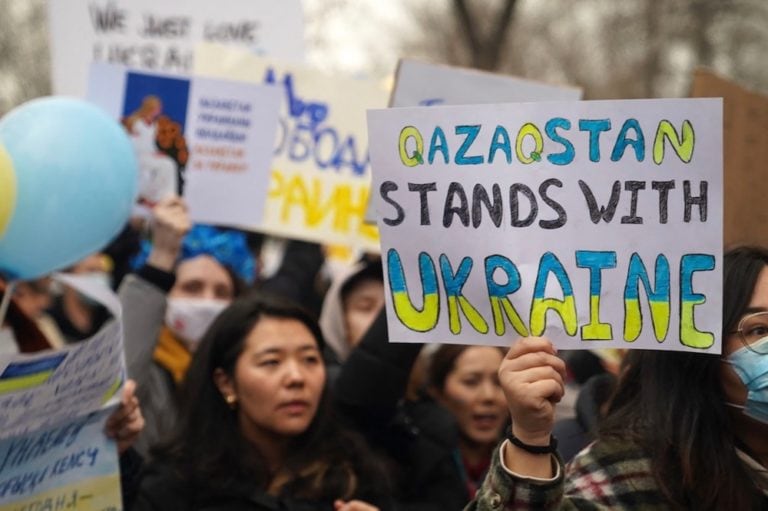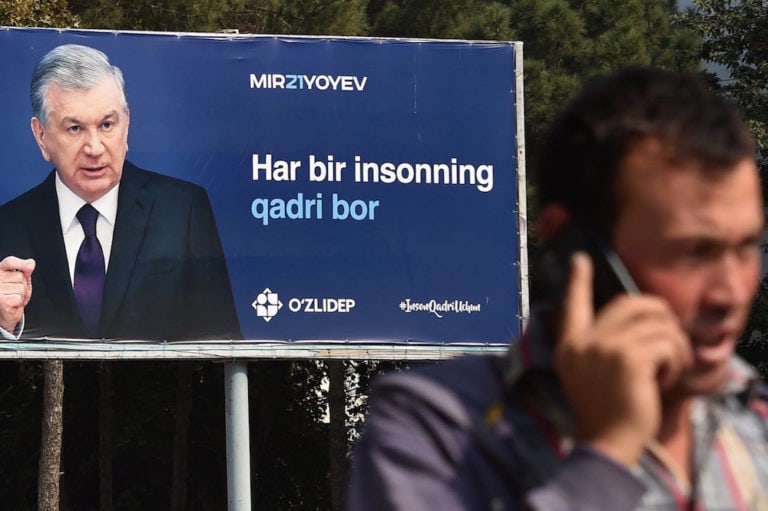(RSF/IFEX) – On 11 July 2005, the government officially accused members of the media training organisation Internews Network of writing articles and filming without the required permits. Two of the organisation’s members have been threatened with six months in prison under Article 190 (2)b of the Criminal Code. The Justice Ministry has ordered the organisation […]
(RSF/IFEX) – On 11 July 2005, the government officially accused members of the media training organisation Internews Network of writing articles and filming without the required permits. Two of the organisation’s members have been threatened with six months in prison under Article 190 (2)b of the Criminal Code.
The Justice Ministry has ordered the organisation to halt its training of media lawyers, close its media resource centre in Fergana Valley and take its two highly popular television news programmes off the air. In August 2004, the organisation’s bank account was frozen, forcing it to suspend it work (see IFEX alert of 14 September 2004).
Internews Network started operating in Uzbekistan in 1995, by supporting the development of privately-owned television stations. Since 2001, the organisation has held more than 50 training sessions for hundreds of journalists throughout the country.
In another incident, two assailants left Razhabboi Raupov, of Radio Free Europe, in critical condition after beating him with an iron bar near his Bukhara home on 6 July (see alert of 12 July 2005). Raupov was brought to hospital in critical condition and underwent surgery. He is reportedly in stable condition.
“The assault on Razhabboi Raupov is the fifth such attack since the beginning of the year . . . We urge President Islam Karimov to take all necessary steps to provide better security for journalists and to guarantee freedom of expression in Uzbekistan,” RSF said.
Raupov, a freelance journalist who works for a number of news outlets, including Radio Free Europe, has written frequent critical articles about Bukhara’s prosecutor and the head of its local administration, Akhmad Rakhmanov. His articles were carried by national newspapers “Fidokor”, “Ishonch” and “Adolat”.
Raupov recently attempted to launch a new independent newspaper named “Shofirkon kuzgusi”, but on 30 March the authorities refused to register the paper, after its pilot issue carried criticism of district authorities and of Rakhmanov in particular.


